Achieve Independecy of Indonesia to Catalyst Requirement for Industry
By Neli Syahida
Editor Neli Syahida
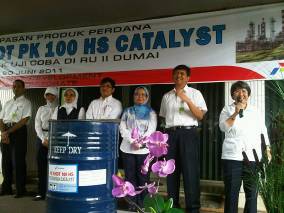
 BANDUNG, itb.ac.id - Catalyst isn't a new thing in chemical industry. Catalyst is substance which able to accelerate and direct chemical reaction to get product. Almost 90% process in chemical industry involve catalyst because it is one of success key in developing and manufacturing in chemical industry, petroleum industry, and environment protection. But, there is no industry which develop catalyst in Indonesia, so requirement for catalyst must be fulfilled by importing from another countries, especially USA, Japan, and Europe.BANDUNG, itb.ac.id - Catalyst isn't a new thing in chemical industry. Catalyst is substance which able to accelerate and direct chemical reaction to get product. Almost 90% process in chemical industry involve catalyst because it is one of success key in developing and manufacturing in chemical industry, petroleum industry, and environment protection. But, there is no industry which develop catalyst in Indonesia, so requirement for catalyst must be fulfilled by importing from another countries, especially USA, Japan, and Europe.
BANDUNG, itb.ac.id - Catalyst isn't a new thing in chemical industry. Catalyst is substance which able to accelerate and direct chemical reaction to get product. Almost 90% process in chemical industry involve catalyst because it is one of success key in developing and manufacturing in chemical industry, petroleum industry, and environment protection. But, there is no industry which develop catalyst in Indonesia, so requirement for catalyst must be fulfilled by importing from another countries, especially USA, Japan, and Europe.BANDUNG, itb.ac.id - Catalyst isn't a new thing in chemical industry. Catalyst is substance which able to accelerate and direct chemical reaction to get product. Almost 90% process in chemical industry involve catalyst because it is one of success key in developing and manufacturing in chemical industry, petroleum industry, and environment protection. But, there is no industry which develop catalyst in Indonesia, so requirement for catalyst must be fulfilled by importing from another countries, especially USA, Japan, and Europe. 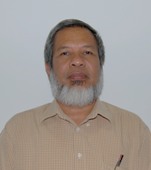 That's why researcher team from Laboratory of Catalyst and Chemical Reaction Engineering (TRK) ITB struggling for researching and developing catalyst to realize Indonesia's independency to catalyst. Directed by Subagjo, this laboratory is also managed by Melia Laniwati, IGBN Makerti Harta, and students. They try to cooperate with chemical industries in Indonesia for developing original catalyst produced by Indonesia.
That's why researcher team from Laboratory of Catalyst and Chemical Reaction Engineering (TRK) ITB struggling for researching and developing catalyst to realize Indonesia's independency to catalyst. Directed by Subagjo, this laboratory is also managed by Melia Laniwati, IGBN Makerti Harta, and students. They try to cooperate with chemical industries in Indonesia for developing original catalyst produced by Indonesia.
It's a challenge to cooperate with companies, because many chief of company still think conservatively. They choose to use catalyst imported from another country because they think that it's simpler. The cost for catalyst is just small component from total cost of production. It is usually 0,1-0,4%. But, this didn't hamper researcher team to cooperate with domestic company. "We hope to meet a chief with garuda in his chest, which is brave to take a risk for realizing development of local catalyst," Subagjo explained.
Cooperate with Local Company
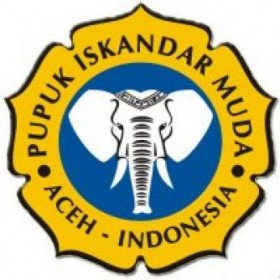 "Alhamdulillah, we meet to company's chief which care about Indonesia development," Subagjo said. The first cooperation done with Pupuk Iskandar Muda (PIM), a fertilizer company. It result iron oxide based-adsorbent to hydrogen sulfide adsorption in earth gases. Hydrogen sulfide is dangerous because it can damage all catalyst used in ammonia factory. This research was started in 1995 and finished in 2003 with help from doctoral students. Formulation and evaluation adsorption capacity use reactor with a gram of adsorbant begun in ITB's TRK Laboratory. When its well performance was proven, evaluation is done in PIM Lhok Seumawe using pilot scale-reactor with 40 kgs of adsorbent, and final evaluation is done in demonstration unit with 680 kgs of adsorbent. From the result, adsorbent showed a good performance, even better than previous catalyst. "We give the name PIMIT-B1 to the adsorbent. It is combination of PIM and ITB," Subagjo said. In 2009, PIMIT-B1 is produced in great number in PIM Lhok Seumawe, Sumatera. It has been used by PT. Pertagas Sumbagut amounts of 5 tons. It will also be used by Medco Lematang amounts of 15 tons.
"Alhamdulillah, we meet to company's chief which care about Indonesia development," Subagjo said. The first cooperation done with Pupuk Iskandar Muda (PIM), a fertilizer company. It result iron oxide based-adsorbent to hydrogen sulfide adsorption in earth gases. Hydrogen sulfide is dangerous because it can damage all catalyst used in ammonia factory. This research was started in 1995 and finished in 2003 with help from doctoral students. Formulation and evaluation adsorption capacity use reactor with a gram of adsorbant begun in ITB's TRK Laboratory. When its well performance was proven, evaluation is done in PIM Lhok Seumawe using pilot scale-reactor with 40 kgs of adsorbent, and final evaluation is done in demonstration unit with 680 kgs of adsorbent. From the result, adsorbent showed a good performance, even better than previous catalyst. "We give the name PIMIT-B1 to the adsorbent. It is combination of PIM and ITB," Subagjo said. In 2009, PIMIT-B1 is produced in great number in PIM Lhok Seumawe, Sumatera. It has been used by PT. Pertagas Sumbagut amounts of 5 tons. It will also be used by Medco Lematang amounts of 15 tons.
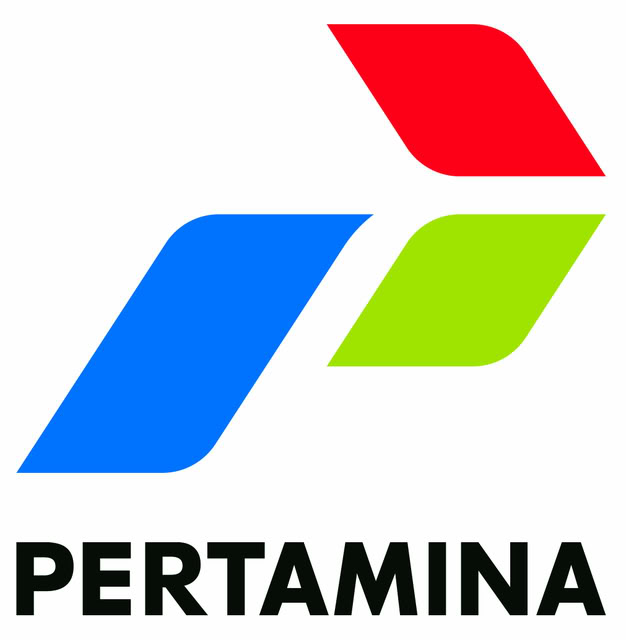 The second cooperation was performed to develop Nafta Hydrotreating Catalyst (NHDT), based of Ni-Mo/y-AI2O3. It is used to remove sulfur and nitrogen in fraction of crude oil, especially nafta. Sulfur and nitrogen in fuel will produce SOx dan NOx. It can cause acid rain which harm to environment. Formulation and pre evaluation is done in ITB's TRK Laboratory. Then, re-evaluation is done in pilot scale reactor with 100 g catalyst in Research and Development Laboratory of Pertamina. Then, evaluation is also performed in mill hydrotreater unit Dumai with 3,6 tons catalyst. The result was better than before and according to plane, it will be produced in amount of 30 tons to other mills in 2014. Because of this success, cooperation with Pertamina will continue to develop DHDT catalyst for diesel, HDO catalyst to convert vegetable oil to biosolar with very high octane number, and Fluid Catalytic Cracking catalyst to cracking process in heavy fraction of crude oil.untuk proses perengkahan fraksi berat minyak bumi.
The second cooperation was performed to develop Nafta Hydrotreating Catalyst (NHDT), based of Ni-Mo/y-AI2O3. It is used to remove sulfur and nitrogen in fraction of crude oil, especially nafta. Sulfur and nitrogen in fuel will produce SOx dan NOx. It can cause acid rain which harm to environment. Formulation and pre evaluation is done in ITB's TRK Laboratory. Then, re-evaluation is done in pilot scale reactor with 100 g catalyst in Research and Development Laboratory of Pertamina. Then, evaluation is also performed in mill hydrotreater unit Dumai with 3,6 tons catalyst. The result was better than before and according to plane, it will be produced in amount of 30 tons to other mills in 2014. Because of this success, cooperation with Pertamina will continue to develop DHDT catalyst for diesel, HDO catalyst to convert vegetable oil to biosolar with very high octane number, and Fluid Catalytic Cracking catalyst to cracking process in heavy fraction of crude oil.untuk proses perengkahan fraksi berat minyak bumi.
The third cooperation is done with PT. Ecogreen Oleochemicals to develop catalyst for hydrogenation of fat ester to ester alcohol.Ecogreen used to import CuCr powder catalyst 100 tons each year. The research is started in 2011, then finally can be produced this catalyst for the first time in Indonesia with 2 L pilot scale. In April 2014, 5 tons of CuCr catalyst will be produced. "I hope this catalyst will show a good performance in industrial scale like catalysts we developed before," Subagjo said.
The development of catalyst in Indonesia has grown. But it will be vain unless young generation care of their nation advance. It's time to young generation make a contribution to their own nation, not other nation."Indonesia wait for you, yu are generation which have a great potency and nation spirit to Indonesia," Subagjo closed this interview.

.jpg)
.jpg)
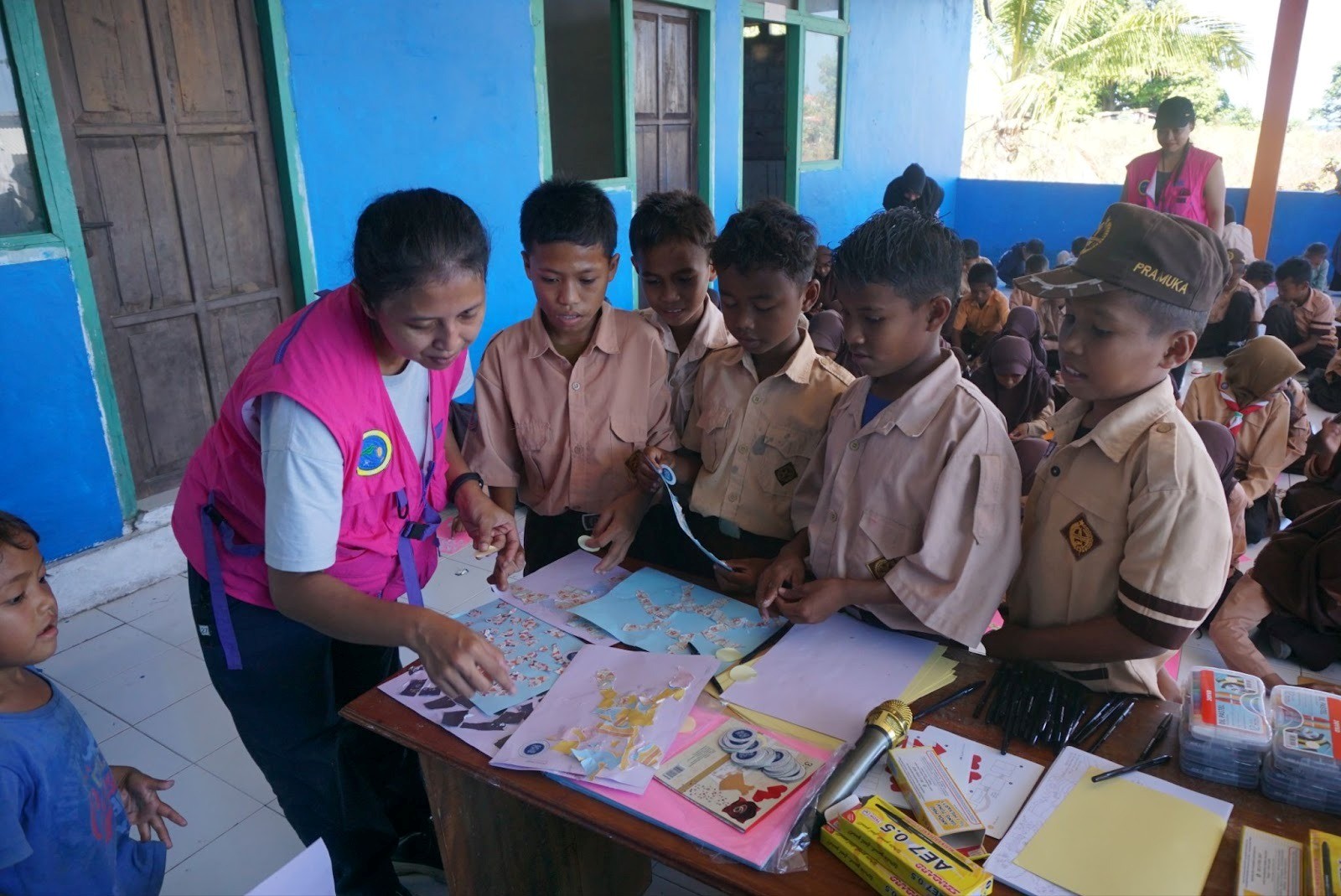

.jpg)

